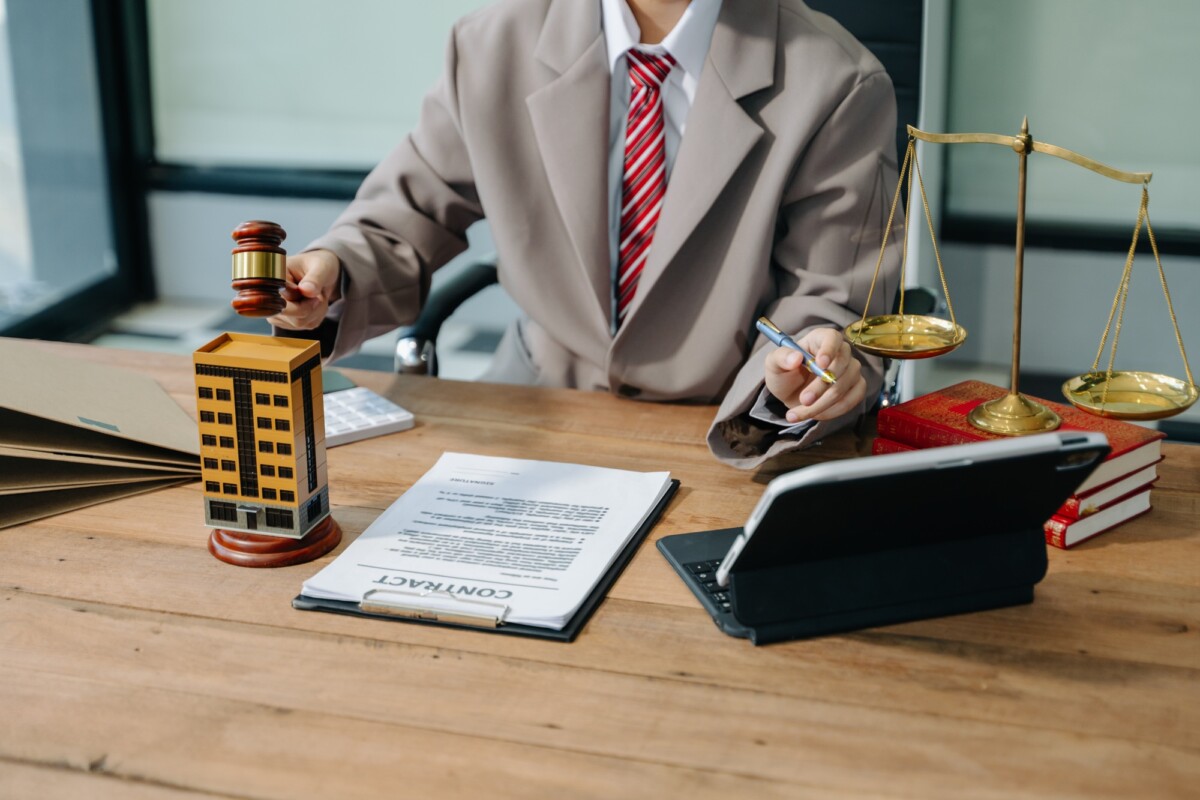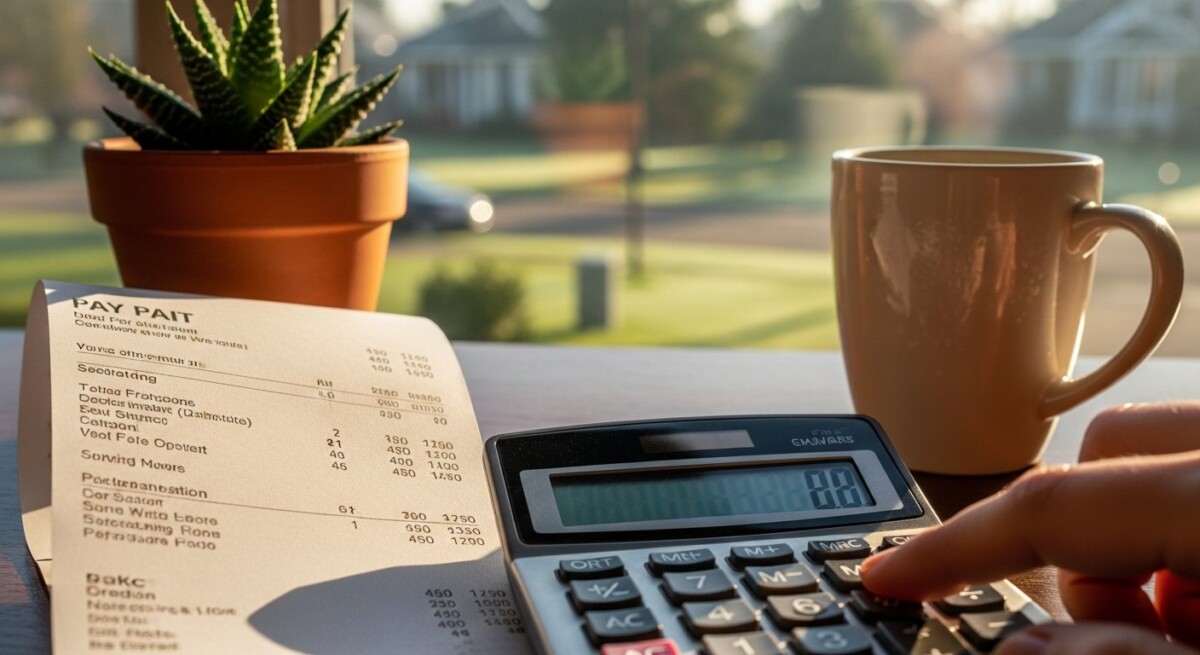What Happens to My Assets When I File for Bankruptcy

Filing for bankruptcy can feel overwhelming, especially when you’re unsure what happens to your assets. Understanding what happens to my assets when I file for bankruptcy? is crucial because it helps you prepare and make informed decisions. The good news? Bankruptcy doesn’t always mean losing everything—exemptions and protections exist to safeguard certain belongings.
No, you won’t necessarily lose everything when filing for bankruptcy. The outcome depends on:
- The type of bankruptcy (Chapter 7 or 13)
- Your state’s exemption laws
- The nature of your assets
Chapter 7 Bankruptcy: Liquidation vs. Exemptions
In Chapter 7, non-exempt assets may be sold, but key possessions are often protected:
- Homestead exemptions protect home equity (varies by state)
- Vehicle exemptions cover a portion of your car’s value
- Basic household items and clothing are usually safe
Chapter 13 Bankruptcy: Repayment Plan
Chapter 13 lets you keep assets while repaying debts over 3-5 years. This works well if you have non-exempt property you want to keep, as payments are based on your income and asset values.
Key Asset Protections
Most states protect:
- Primary residence (partial equity)
- Essential vehicles (usually one per household)
- Personal belongings (clothing, furniture)
- Retirement accounts (401(k)s, IRAs typically fully protected)
Assets at Risk
Non-exempt items that may be liquidated in Chapter 7 include:
- Second homes/vacation properties
- Luxury items (expensive jewelry, art)
- Investments beyond retirement accounts
- Additional vehicles
State vs. Federal Exemptions
Important considerations:
- Some states require using their exemption lists
- Others let you choose between state/federal exemptions
- This choice significantly impacts what you keep
Final Advice
Bankruptcy isn’t about losing everything—it’s a fresh start. By understanding what happens to my assets when I file for bankruptcy? and consulting an attorney, you can protect what matters most while resolving debt.
Wondering What Happens to Your Assets in Bankruptcy?
Get expert advice tailored to your situation.
Request Your Free Quote Now
Understanding Exempt vs. Non-Exempt Assets in Bankruptcy
Filing for bankruptcy raises important questions about asset protection. The key distinction between exempt and non-exempt assets determines what you keep versus what may be sold to pay creditors. This understanding helps navigate the process while minimizing surprises.
Protected (Exempt) Assets
Exempt assets are safeguarded by law during bankruptcy:
- Essential property: Primary home (within value limits), clothing, and basic furnishings
- Financial security: Most retirement accounts (401(k)s, IRAs)
- Work tools: Equipment necessary for your profession Exemption amounts and categories vary by state, requiring local legal verification.
At-Risk (Non-Exempt) Assets
These may be liquidated to satisfy debts:
- Luxury goods: High-value jewelry, art collections, recreational vehicles
- Excess property: Vacation homes, non-primary vehicles
- Investable assets: Stocks, bonds, and cash savings above exemption limits A court-appointed trustee evaluates and manages non-exempt asset distribution.
Strategic Asset Protection
Proactive measures can maximize protection:
- Exemption selection: Some states allow choosing between state/federal protection schemes
- Wildcard provisions: Certain jurisdictions permit protecting miscellaneous assets
- Legal timing: Asset transfers before filing may constitute fraud – always seek professional advice
Debt Type Considerations
Different debts affect assets differently:
- Secured debts: Collateral-backed loans (mortgages/auto loans) risk asset repossession
- Unsecured debts: Credit/medical bills may lead to non-exempt asset liquidation
Bankruptcy Chapter Differences
Filing type significantly impacts outcomes:
- Chapter 7: Requires liquidation of non-exempt assets for debt discharge
- Chapter 13: Permits asset retention through court-approved repayment plans Consulting a bankruptcy attorney ensures proper strategy selection and asset protection tailored to your situation and state laws.
Protect Your Assets During Bankruptcy
Learn how exemptions and laws affect what you keep.
Get a Personalized Legal Consultation
How Does Bankruptcy Affect Jointly Owned Property?
Filing for bankruptcy can be daunting, particularly when you’re uncertain about what happens to your assets—especially jointly owned property. Understanding how bankruptcy affects shared assets is crucial for making informed decisions and protecting your financial future. The treatment of these assets depends on your bankruptcy chapter (7 or 13) and state laws.
Bankruptcy courts assess all assets, including jointly owned property. The outcome varies based on your filing type and state exemptions. Here’s what you need to know about protecting shared assets during bankruptcy.
Chapter 7 Bankruptcy: Liquidation of Your Share
In Chapter 7, the trustee may sell your portion of non-exempt jointly owned property to pay creditors. For example, if you co-own a home, the trustee could sell your interest but not your co-owner’s. However, exempt assets or those with protected equity may be retained.
Chapter 13 Bankruptcy: Repayment Plan Protection
Chapter 13 focuses on debt repayment through a court-approved plan rather than liquidation. Jointly owned property is typically protected if you maintain payments, making this option ideal for preserving shared assets like homes or vehicles.
State Laws and Exemptions Matter
Bankruptcy exemptions vary significantly by state. Some states protect homestead equity or other jointly held property, while others offer limited protections. Consulting a bankruptcy attorney helps navigate these rules and maximize asset protection.
Key Strategies to Protect Joint Assets
- Know your state’s exemptions: Identify what property is protected under local laws.
- Consider Chapter 13: This often safeguards shared assets better than Chapter 7.
- Explore refinancing: Removing your name from joint titles before filing can help.
- Understand tenancy types: Joint tenancy vs. tenancy in common affects asset division.
Protecting Co-Owners During Bankruptcy
While filing doesn’t automatically make co-owners liable for your debts, creditors may still target jointly titled assets. Refinancing or legal agreements can help shield co-owners from financial impact. Bankruptcy doesn’t mean losing everything. With proper planning and understanding of the rules, you can minimize the effect on jointly owned property and work toward financial recovery.
Need Help Understanding Bankruptcy and Asset Protection?
Speak with a legal expert today.
Get Your Free Quote Here
Navigating Bankruptcy with Expert Help from LegalCaseReview
Filing for bankruptcy can feel overwhelming, especially when you’re unsure what happens to your assets. Understanding how bankruptcy affects your property, savings, and investments is crucial for making informed decisions. At legalcasereview.com, we guide you through the process to protect what matters most.
Understanding Asset Treatment in Bankruptcy
Your assets are evaluated differently depending on whether you file Chapter 7 or Chapter 13 bankruptcy:
- Chapter 7: Non-exempt assets may be liquidated to pay creditors
- Chapter 13: You keep assets while repaying debts through a 3-5 year court-approved plan
Key Differences Between Asset Types
Bankruptcy treats various assets differently:
- Exempt Assets: Typically include primary home, necessary vehicles, and retirement accounts
- Non-Exempt Assets: May include luxury items, secondary properties, and excess cash
How LegalCaseReview.com Protects Your Assets
We provide comprehensive support through:
- Asset Analysis: Identifying which assets are protected under state and federal laws
- Strategic Planning: Helping choose the optimal bankruptcy approach for your situation
- Legal Connections: Partnering you with experienced bankruptcy attorneys
Detailed Asset Protection Strategies
- Real Estate: Primary homes often qualify for homestead exemptions
- Vehicles: Typically one necessary vehicle is protected
- Financial Assets: Retirement accounts are usually safe, but cash savings may be limited
Why Professional Guidance is Essential
Bankruptcy laws vary significantly by state. We help by:
- Maximizing your exemptions
- Avoiding common pitfalls
- Ensuring proper legal procedures are followed While bankruptcy can be stressful, losing everything isn’t inevitable. With our expert guidance, you can navigate the process while protecting your most important assets and securing a fresh financial start
Filing for Bankruptcy? Know What Happens to Your Property
Don’t guess-get clear answers from experienced professionals.
Get a Quote and Start Protecting Your Assets
Frequently Asked Questions (FAQs)
What happens to my assets when I file for bankruptcy?
When you file, a bankruptcy trustee reviews your assets. Depending on the type of bankruptcy and exemptions available, some assets may be sold to pay creditors, while others are protected and you can keep them.
What are bankruptcy exemptions?
Exemptions are legal protections that allow you to keep certain property up to a specified value, such as your home, car, personal belongings, and retirement accounts. These vary by state and bankruptcy chapter.
Will I lose my house or car if I file for bankruptcy?
Not necessarily. If your equity in the house or car is within exemption limits and you keep up with payments, you can often keep these assets. Otherwise, they may be subject to liquidation.
How does Chapter 7 bankruptcy affect my assets?
Chapter 7 involves liquidation of non-exempt assets by the trustee to pay creditors. Exempt assets remain with you. Many filers keep most or all of their property due to exemptions.
How does Chapter 13 bankruptcy affect my assets?
Chapter 13 allows you to keep your assets but requires you to repay some debts through a court-approved plan over 3 to 5 years.
Can I protect valuable assets from bankruptcy?
Some assets can be protected through exemptions, careful planning, or legal strategies. Consulting with a bankruptcy attorney can help you understand your options.
Should I consult a lawyer before filing bankruptcy to protect my assets?
Yes. A qualified attorney can help you maximize exemptions, avoid mistakes, and protect as much of your property as possible during the bankruptcy process.
How can I get started with bankruptcy help?
You can get a free, no-obligation quote and consultation with a legal expert to discuss your assets and options.
Get Your Free Quote Today


